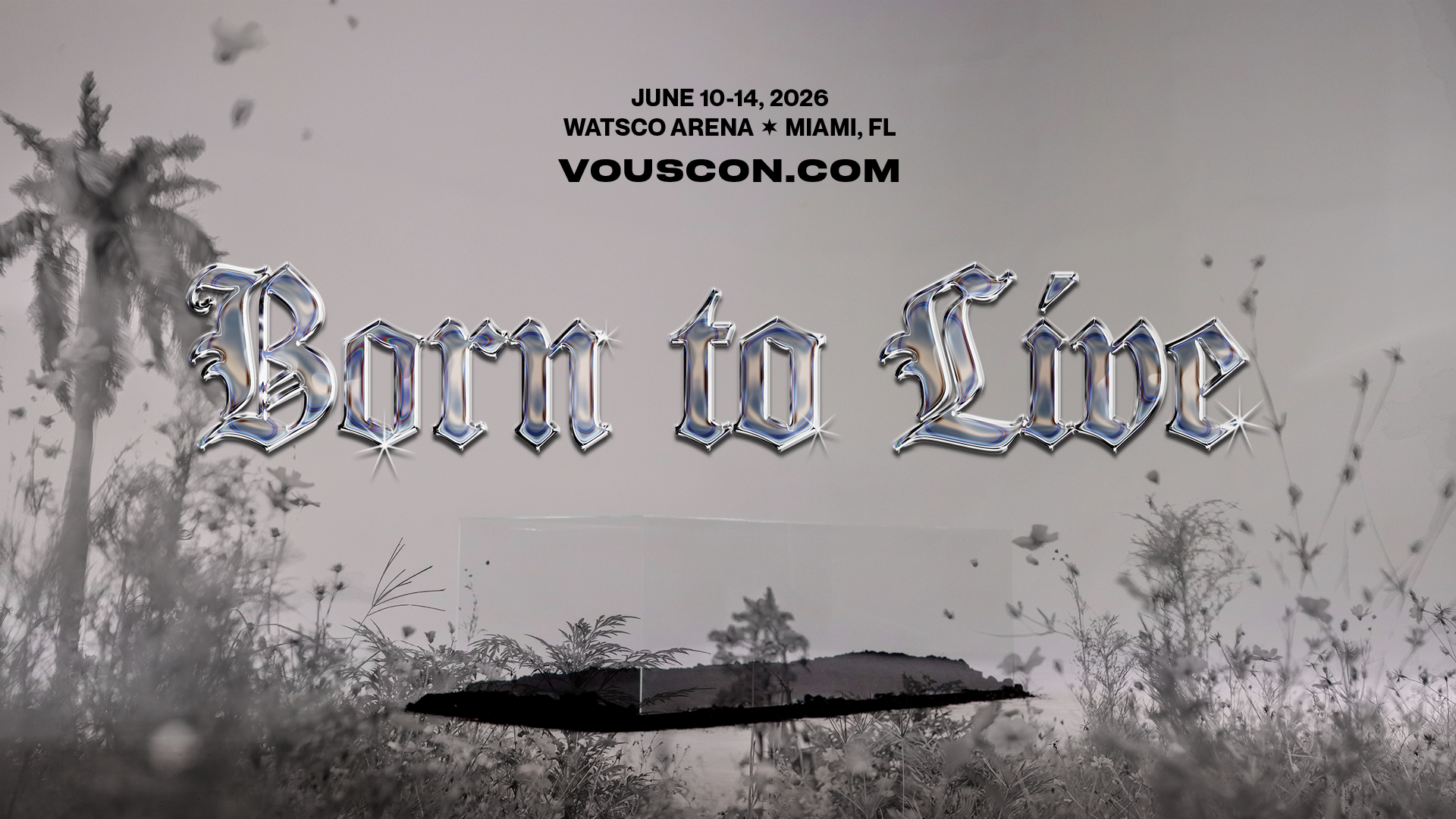Everyone wants to get better. I know I do. Don’t you? The challenge of improvement is the friction of change. If you are going to get better, you are going to have to embrace the uncertainty of the unknown. And that’s scary. But the only way to grow is to take the risk, face your fear, and change. Yet not every change is an improvement. Whether we like it or not, things change. No new year is quite like the last. And, with the changing years, we see changes in ourselves. We just don’t always like what we see.
To be a Christian is to believe in change. The Gospel is an invitation to transformation. In a moment of decision, the new believer goes from death to life. We are transformed. Yet the moment of salvation is just the beginning of the lifelong process we call sanctification. That is the slow process of gradual growth. But how exactly does sanctification occur? The Apostle Paul offers us insight in Romans, chapter 12:
“Do not conform any longer to the pattern of this world, but be transformed by the renewing of your mind.” Romans 12:2
How are we transformed? By the renewing of our mind. A new way of thinking.
We all face different challenges in our way of thinking. I don’t know what your unique challenges are, but I have a feeling that these three mindset changes may help you as you seek to grow and improve in your life and leadership.
1. Change from a Fear Mindset to a Faith Mindset
As humans, we can’t help but think about the future. We don’t know what will happen; we imagine what could occur. Fear is imagining a negative future and choosing to believe in it. Why would we do that to ourselves? If we don’t know what’s coming next, there is no reason to expect the worst. Fear is counterproductive. It robs us of today and fails to move us any closer to our preferred tomorrow.
Fear and faith are two sides of the same coin. They are the same impulse in opposite directions. If we can imagine a negative future, why not imagine a positive one? Yet faith is more than just a positive expectation. It is the result of trusting a God who has our best interests in mind. If he is for us, why should we fear what might come against us? You don’t know what the future holds, but you know who holds the future. So let go of fear and cling to faith.
2. Change from a Scarcity Mindset to an Abundance Mindset
Scarcity is a great lesson in economics, but it is a poor lesson in leadership. A scarcity mindset is the belief that there will never be enough. Adopting this mindset means forever operating from a place of lack. Instead of believing that we have enough, that there is plenty to go around, we grasp tightly to what we have out of fear of losing it. But this closed-handed approach to life leaves no room for growth. If you are always clinging to what you have, how will you ever gain anything new? If you never let go of what you have now, how will you ever take hold of what’s next?
Scarcity puts a cap on our potential. It causes us to settle for what we already have rather than pushing for more. When the disciples came to Jesus with a scarcity problem, he provided more than they needed. After he fed the multitude, Jesus left them with twelve baskets full of bread. When God fed the Israelites in the wilderness, he allowed them to take only enough for their daily needs. It was a lesson in trust and an illustration of his abundant provision. Don’t hold on to to what you have. Let it go and trust in God’s provision for your future.
3. Change from a Fixed Mindset to a Growth Mindset
In our industrial society, it’s natural for us to think mechanically. But you are not a gadget. You are not a mechanism, you are an organism. The difference between the two is the potential for growth. Machines don’t grow. Machines are fixed. We have to change from a fixed mindset to a growth mindset. We have to shift our paradigm from a mechanical mindset to an agricultural mindset. “The righteous will flourish like a palm tree, they will grow like a cedar of Lebanon; planted in the house of the Lord, they will flourish in the courts of our God” (Psalm 92:12-13). This is the language we find throughout the Bible.
How do organisms grow? In the right environment. Mechanisms have to be built, maintained, and repaired. Organisms simply need to be placed in the right environment with the right conditions, and growth is inevitable. But being planted doesn’t always feel good. Being planted is a lot like being buried. The process of being planted can be dark, cold, and lonely. But give it time and growth will come. If you feel like you’re in the dirt right now, you just might be right where you need to be.
As a leader, arguably the most important change you will make is a change in your mindset. The greatest barrier you will face in life is the one between your ears. Change your thinking, change your life. Change your outlook, change your outcome. Ralph Waldo Emerson said, “Thought is the blossom; language the bud; action the fruit behind it.” People hear the words we say and see the things we do, but behind every word and every action are the thoughts that gave rise to them. If we can fix the faulty thinking, we can change the fruit. If we can change our mindset, we can grow into the leaders God is calling us to become.






